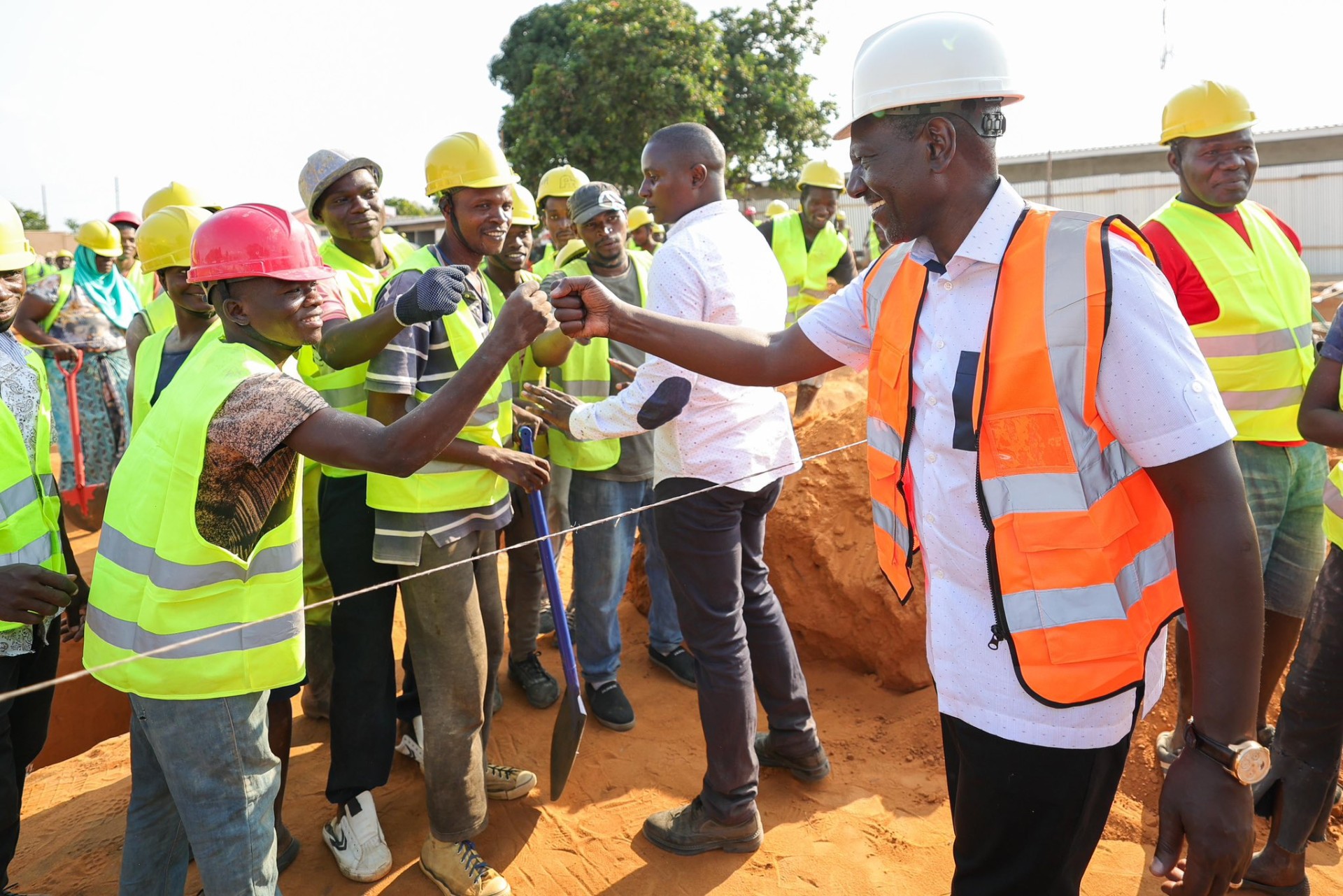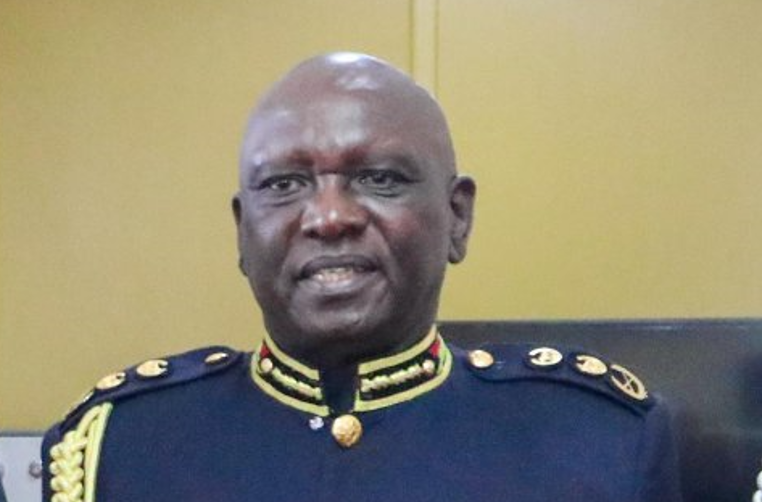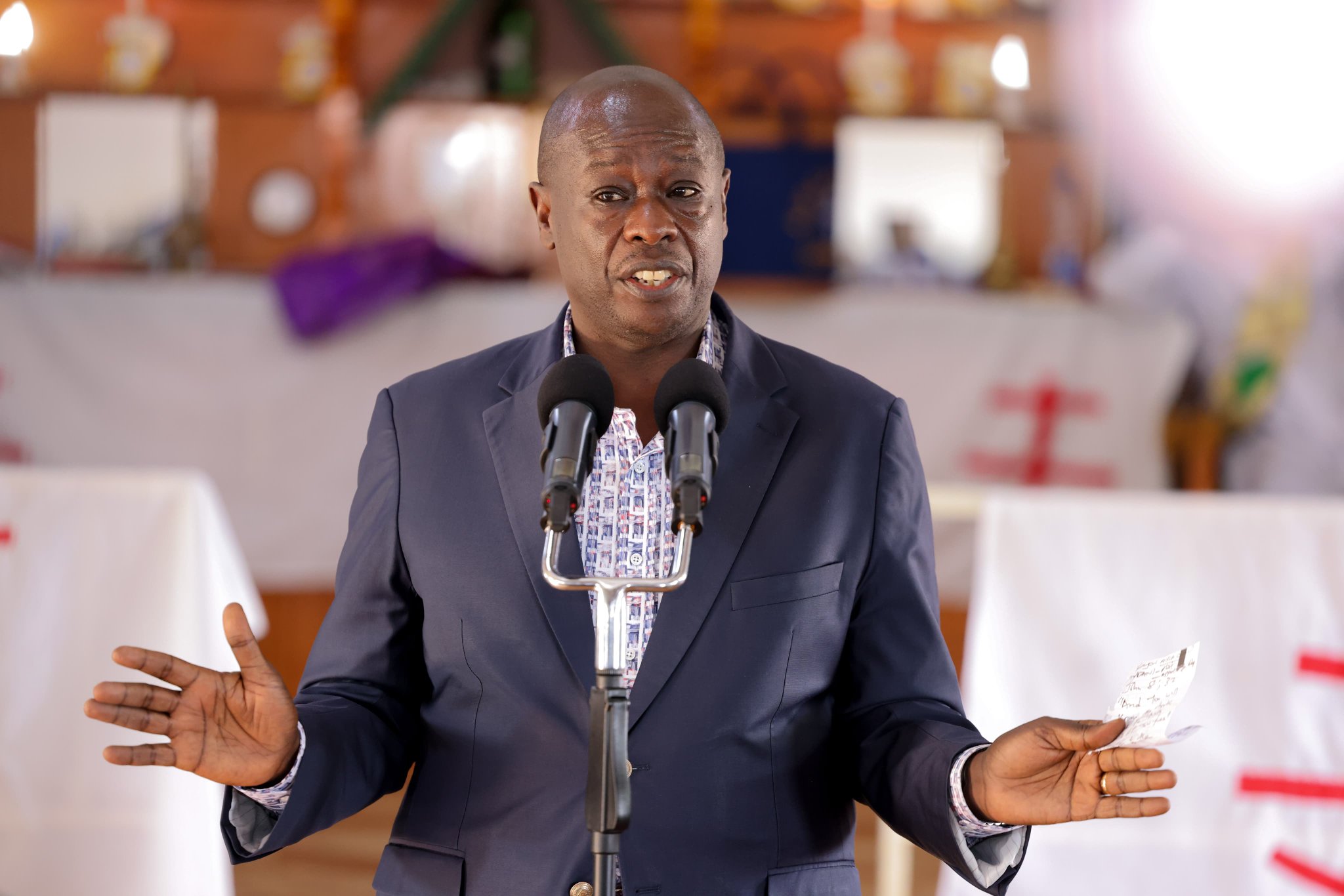President William Ruto has defended his Affordable Housing programme saying it is one of the interventions taken by the government to take on the unemployment problem.
Speaking at the Social Hall in Mombasa on Sunday, July 28, 2024, Ruto was tasked with explaining how his administration is dealing with the unemployment issue, and in his answer, he pegged his hope of reducing the problem through the controversial programme.
“Today, because of the Housing Fund, we have 160,000 young people that are working in the housing programme across Kenya.
“These are people who were not working one and a half years ago. We have quantity surveyors, engineers; we have architects, masons, and plumbers. We have a whole ecosystem of people who manufacture steel and cement, and people who manufacture concrete. An array of businesses that have been created behind the housing fund,” Ruto told the audience.
The Head of State also revealed the number of units the government is planning to construct across the country.
“At the moment, we are building 103 housing units, including the ones that I launched yesterday in Matuka. I will be back here in Mombasa to launch the first 2000 units in Nyali.
“We have programmes already across Kenya in 43 counties. This is so that we not only create jobs but we also create opportunities for business and deal with the challenges of informal settlements.
“In Mukuru, we are building 14,000 units, and before the end of this year I will be giving out keys to some of those houses that are ready,” Ruto continued.
Improvement of living conditions
To Ruto, the programme is not only used to deal with the unemployment challenges but to also improve the living conditions of the citizens.
“For your information, some of these housing units are social housing units. For the first time, a Mama mboga, a Boda boda, or an ordinary Kenyan can own a house in a social housing programme because they can pay Ksh2500 or Ksh3000 every month and end up owning that house,” he added.
The nationwide programme, Ruto asserts, is also meant to help low-earners own the houses through pocket-friendly interventions.
“We are also using that housing programme to make sure we reduce the cost of mortgage. For example, now a teacher can have that mortgage at 9%.
“Today, if you go to the mortgage market, you will pay not less than 20%. We are not only changing the housing programme, but we are also creating jobs,” he concluded.










